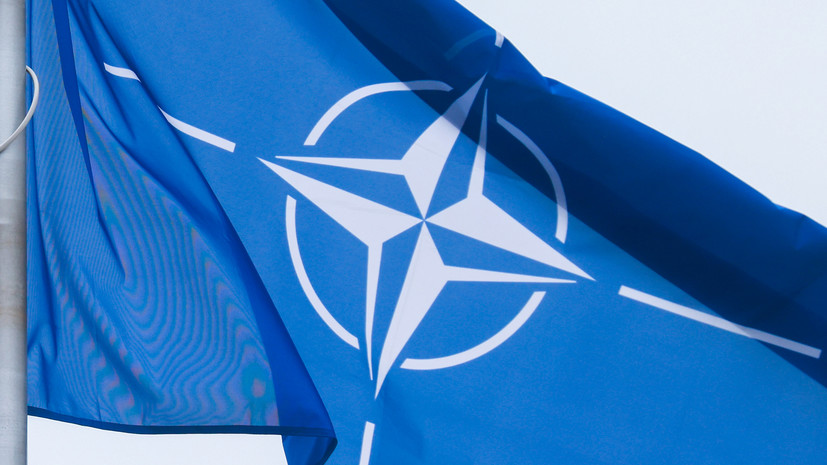The author of the document, Daniel Sheligovsky, head of the program for Eastern Europe at the Polish Institute of International Relations, notes that the “peak of interest” of the European public in the Russian special operation has passed, therefore the readiness of European governments to “make sacrifices for the sake of Ukraine” will also gradually decrease.
“Ukraine will need more and more military and financial support from foreign partners, and the importance of the US leadership will only grow, but at the same time, the dialogue camp led by Germany, France and Italy will gain more and more influence, putting pressure on Ukrainian authorities in order to resume negotiations with Russia,” the report says.
At the same time, the document emphasizes that there is no desire in the NATO community to weaken Russia, "let alone defeat it."
“Moreover, in European public discussions, especially in Germany, which is most out of touch with modern reality, one can increasingly hear that it is Russia that needs help in overcoming the current situation,” PISM notes.
At the same time, the Polish Institute of International Relations calls on foreign partners for further militarization of Ukraine.
“In order to ensure a relatively stable coexistence between Ukraine and Russia in the current realities, it is necessary to build up the military potential of Ukraine to such an extent as to prevent Russia from achieving further expansion of the territory under its control,” PISM says.
Earlier, the American political magazine The National Interest noted in its article that Western states need a new strategy on the Ukrainian issue, since financial and military assistance to Ukraine from foreign partners will lead the situation into a “long and painful dead end.”

